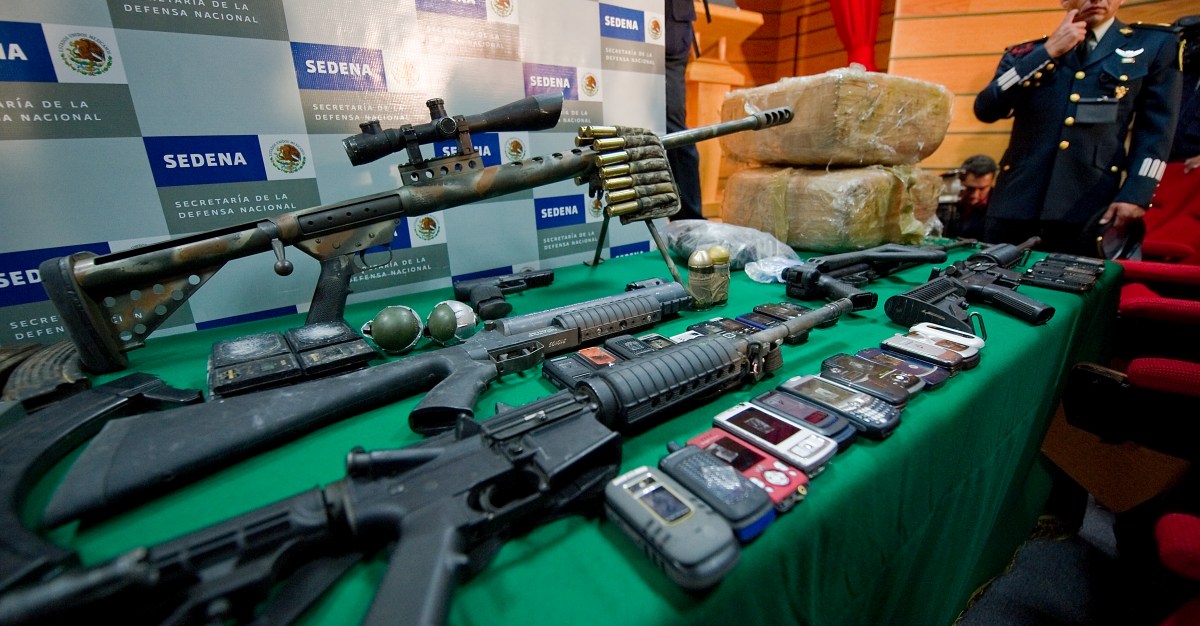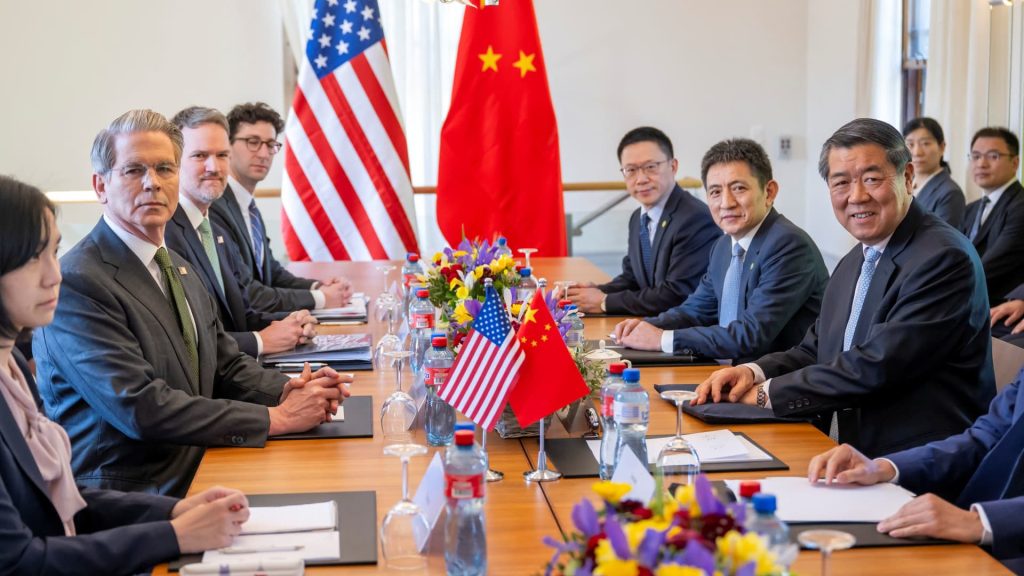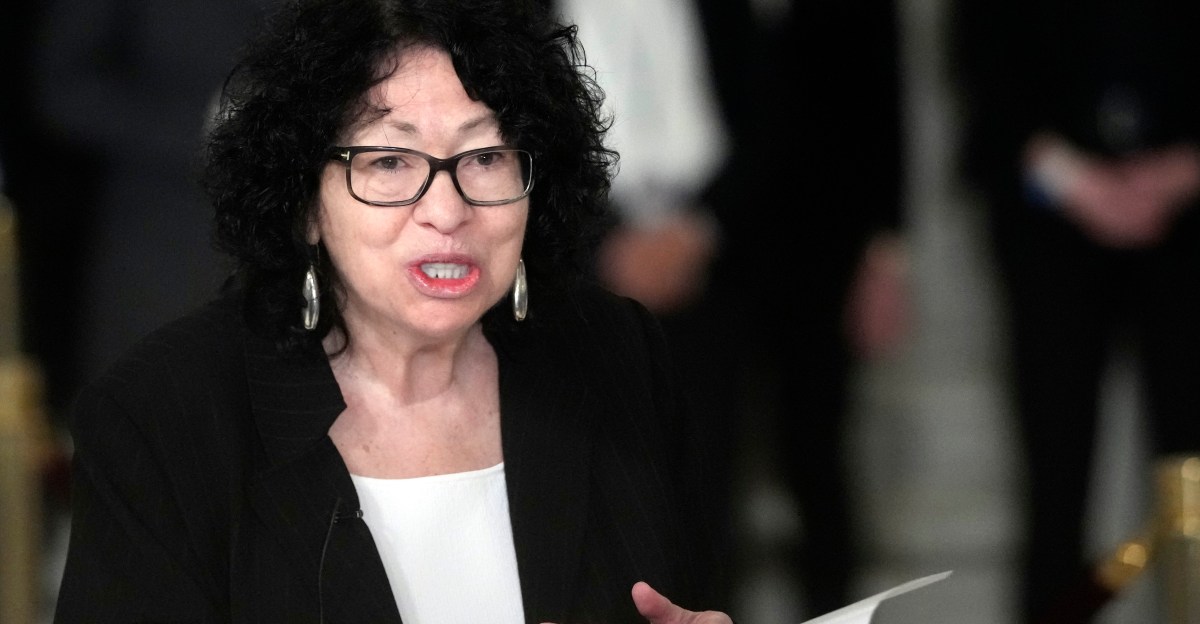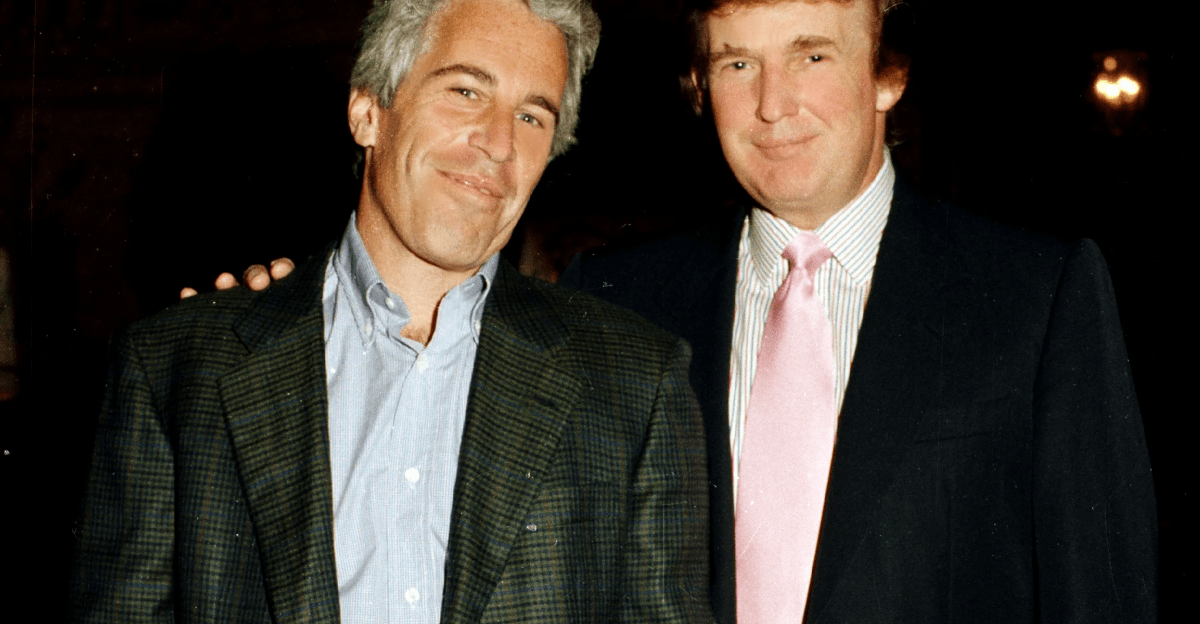Now Reading: Why the Supreme Court just handed a big victory to gun manufacturers
-
01
Why the Supreme Court just handed a big victory to gun manufacturers
Why the Supreme Court just handed a big victory to gun manufacturers

The Supreme Court has issued a unanimous ruling that dismisses a lawsuit filed by Mexico against US gun manufacturers. Mexico had sued seven American gun companies, alleging that their weapons were being sold to gun traffickers who supplied them to Mexican drug cartels. The Mexican government claimed that a significant portion of firearms recovered at crime scenes in Mexico originated from the United States.
However, Mexico’s case was thwarted by the Protection of Lawful Commerce in Arms Act (PLCAA) of 2005, which shields American gunmakers from liability in lawsuits related to the misuse of firearms by third parties, including criminals. While there are exceptions to this rule, Justice Elena Kagan, in the Court’s opinion on Smith & Wesson, clarified that gun manufacturers can only be held liable for actively aiding and abetting firearms offenses committed by others.
Mexico accused the gun companies of facilitating illegal sales to cartels by supplying firearms to dealers who knowingly sold to Mexican gun traffickers. They also criticized the companies for allowing bulk sales that could lead to illegal transactions and for producing guns tailored to Mexican culture, such as one featuring the Mexican revolutionary Emiliano Zapata.
Kagan’s opinion emphasized that the knowledge that some guns were being resold illegally or designed to appeal to a specific market was insufficient to bypass PLCAA. The ruling drew parallels to a previous case involving social media companies and terrorist content, highlighting that providers of goods or services are generally not responsible for wrongful actions by users.
While Mexico could have argued that gun manufacturers should be held accountable for producing dangerous products, the existence of PLCAA prevented this. Kagan noted that Congress enacted the law to prevent gun manufacturers from being held liable for downstream consequences of firearm misuse, indicating that it is Congress’s prerogative to set national policies unless there is a constitutional issue.






